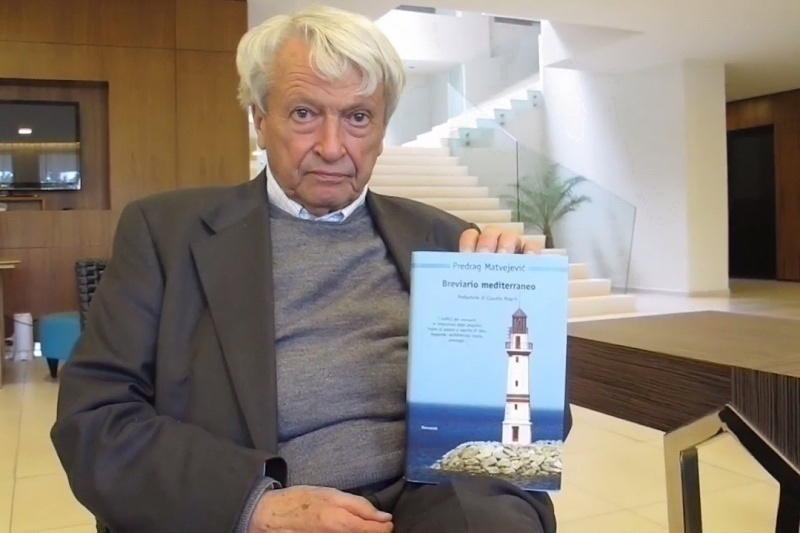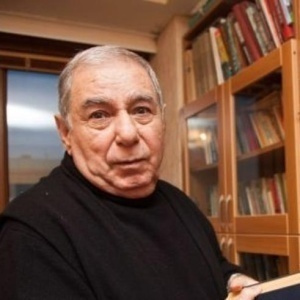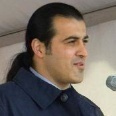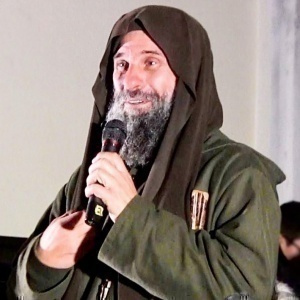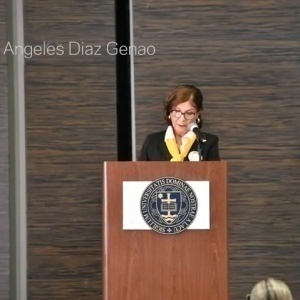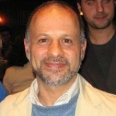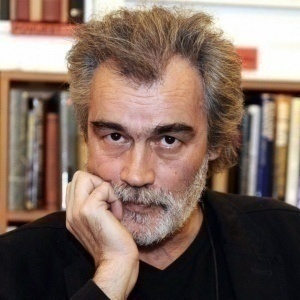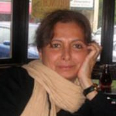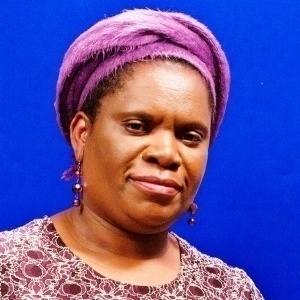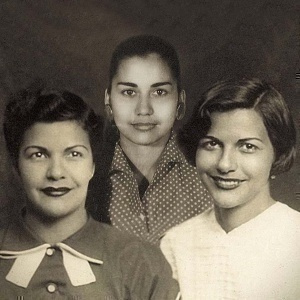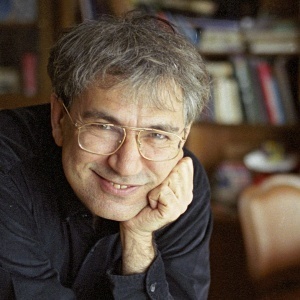Predrag Matvejević was born in 1932 in Mostar to a Russian father originally from Odessa and a Croatian mother. He graduated in French language and literature in Zagreb, and, in 1967, he received his doctorate from the Sorbonne in Paris.
He was a member of Praxis, a Zagreb-based philosophy magazine that aimed to encourage critical discourse on Yugoslav socialism and that was famous for its seminars with students on the island of Korcula. For this reason, he was prevented from speaking to students in 1968. From 1970 onwards, Matvejević intervened in the public debate with a series of 75 "open letters" (collected as samizdat and later published under the title Letters from the Other Europe), in which he defended dissidents, be they Soviet or Yugoslav. "When I started writing these letters," Matvejević said in 1992, "I did not aim to turn them into a book, a real book. I started writing these letters in 1970: they end a few months ago, in the summer of this year. The first edition, a samizdat edition, came out in 1985. In these 75 letters, I stand by freedoms, but not in a theoretical nor a generic sense: I stand by the freedom of writers, literature, intellectuals, and the intelligentsia. From the Soviet Union to Yugoslavia, from Andrej Sinjavski to Danilo Kiš, it is necessary to start believing in literature again."
A friend of the Polish activist and politician Jacek Kuroń, Predrag kept contact with other intellectuals and dissidents of Eastern Europe; once he was expelled from the League of Yugoslavian Communists in 1974, he also became a dissident. In 1987, he became known with the volume Mediteranski brevijar (Mediterranean: A Cultural Landscape, 1988), a singular work that, by reconstructing the history of a word ("Mediterranean"), condenses fiction, non-fiction, and accurate historical documentation. Through his activities, Matvejević advocated human rights, particularly freedom of speech, and supported those convicted of political crimes. In 1989, he co-founded the Association for the Democratic Initiative of Yugoslavia, the first independent political association in the country: its goal was to find a peaceful solution to the Yugoslav crisis.
Matvejević taught French Literature at the Faculty of Philosophy of the University of Zagreb until 1991. Then, the outbreak of conflict, persecution (including three gunshots fired at his mailbox), and slander forced him to leave Croatia. In Mostar, the ustaša tortured, killed, and thrown into the Neretva River one of his nephews, a pacifist.
From 1991 to 1994, he taught Slavic Literature at the Nouvelle Sorbonne (Paris III), and from 1994 to 2007, he taught Serbian and Croatian language and literature at the University La Sapienza of Rome. In 2006, he became an Italian citizen.
While in exile, he became a fierce critic of former Yugoslav societies. In 2001, he published an article entitled "Our Taliban" in the Zagreb daily Jutarnji List. He accused some writers and intellectuals of being responsible for the incendiary words that fueled the war. One of these intellectuals, Mile Pešorda, sued him for libel. In 2005, Matvejević was also sentenced to five months (with a suspended sentence) for slander and insult. Matvejević refused to appeal because he believes that doing so means recognizing the legitimacy of the lawsuit itself. The verdict was confirmed in 2010.
Predrag Matvejević has received several awards, such as the Legion of Honor in France, the title of Commendatore dell’Ordine della Stella della Solidarietà in Italy, the honorary citizenship of the city of Sarajevo, and the Order of Danica in Croatia.
An honorary vice president for life of the International Pen Club of London, he was awarded the Duško Kondor Prize for Civic Courage in 2013.
His biography is taken from the archive of Duško Kondor Award for Civil Courage. We would like to thank Svetlana Broz for providing the material to the editorial staff.



